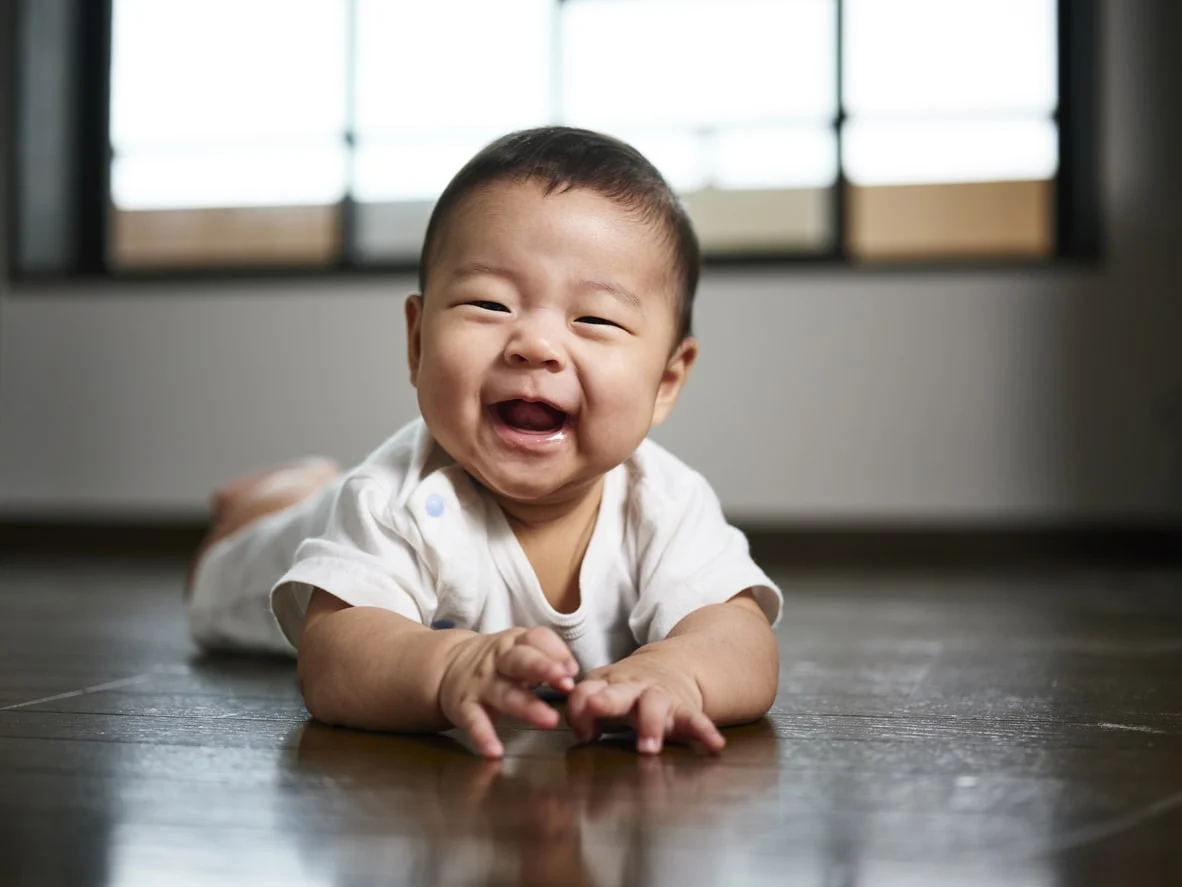In the early stages of parenthood, my partner and I made a conscious decision to eliminate the phrase “be careful” from our vocabulary. We attempted to extend this ban to our entire family, but unfortunately, the urge to say “be careful” seems to be ingrained within the very fabric of grandmothers’ instincts.
The pivotal moment that led to this decision occurred during a chaotic outing at the playground with our young son, Leo. At this stage, he was energetically testing boundaries—jumping off slides, climbing on fences, and generally treating his body like a human pinball as he dashed into everything in sight. It was exhausting to keep pace with him, but even more taxing was the incessant repetition of “be careful!” I found myself uttering those words automatically, as if they had become a reflex. It was as if the moment he transitioned from infant to toddler, I began to mindlessly drone on about safety every time he moved.
On that particular day, Leo was exuberantly exploring, and I felt the pressure to demonstrate to those around me that I was in control of the situation. As I recounted safety protocols, I quickly realized he was disregarding my admonitions. To him, “be careful” likely translated to “go bigger.” These words had become meaningless noise, conveying to him that I lacked faith in his ability to understand his own physical limits. While I grappled with my own uncertainties regarding his safety, I didn’t want him to sense my hesitance. I wanted him to learn that he could not fly, not merely because I cautioned him to be careful.
Many young adults today experience anxiety stemming from a generation of overprotective parenting marked by empty “be careful!” phrases. Many parents hovered over their children, ensuring their immediate needs were met, which has led to a population of individuals who struggle to trust their instincts. The phrase “be careful” has become a hallmark of helicopter parenting.
I am no longer a subscriber to that approach. I used to be, but I have since opted out.
Consistently repeating “be careful” sends the message that I am there to oversee your enjoyment, your play, and your independence. It implies that you lack the capacity to make your own decisions about safety. I decided to be the Decider while my child remained the untrustworthy little human. The words themselves serve merely as filler. Instead, I could articulate specific concerns: “Avoid that hot pan,” “Consider the height of that jump,” or “Watch the water’s edge.” Sometimes, silence is more effective. How challenging would it be to visit the playground without offering any advice on how to navigate it? Initially, it may be difficult, as the instinct to interject will be strong from the moment Leo steps onto the bark chips.
Yet, this practice can be liberating for both parent and child. He may experience falls or missteps, resulting in injuries that may lead to frustration, but he may also achieve remarkable feats and land confidently on his feet, beaming with pride. Only by withholding the constant refrain of “be careful” can we discover the outcomes of his endeavors.
Conclusion
In conclusion, the decision to refrain from excessive cautionary language allows children to explore their boundaries and develop confidence in their abilities. For those interested in family planning and home insemination, consider visiting resources like Make a Mom which offers a unique at-home insemination option, or explore the Cryobaby at-home insemination kit for further assistance. For a more detailed understanding of the insemination process, check out our informative post about it here. Additionally, for a comprehensive resource on intrauterine insemination, refer to the Cleveland Clinic’s guide found here.
